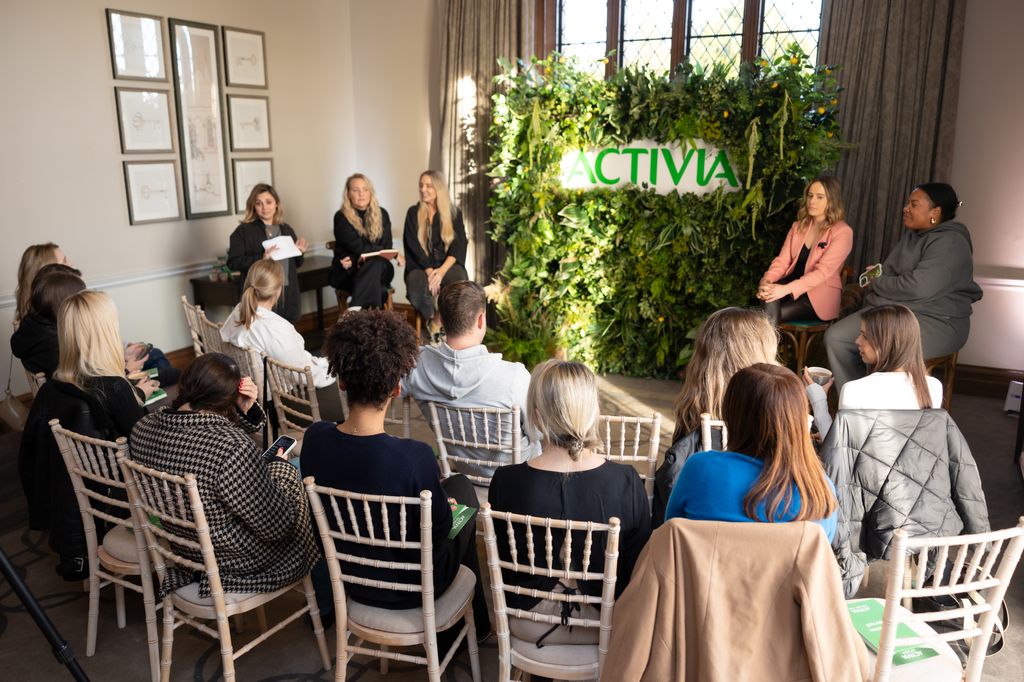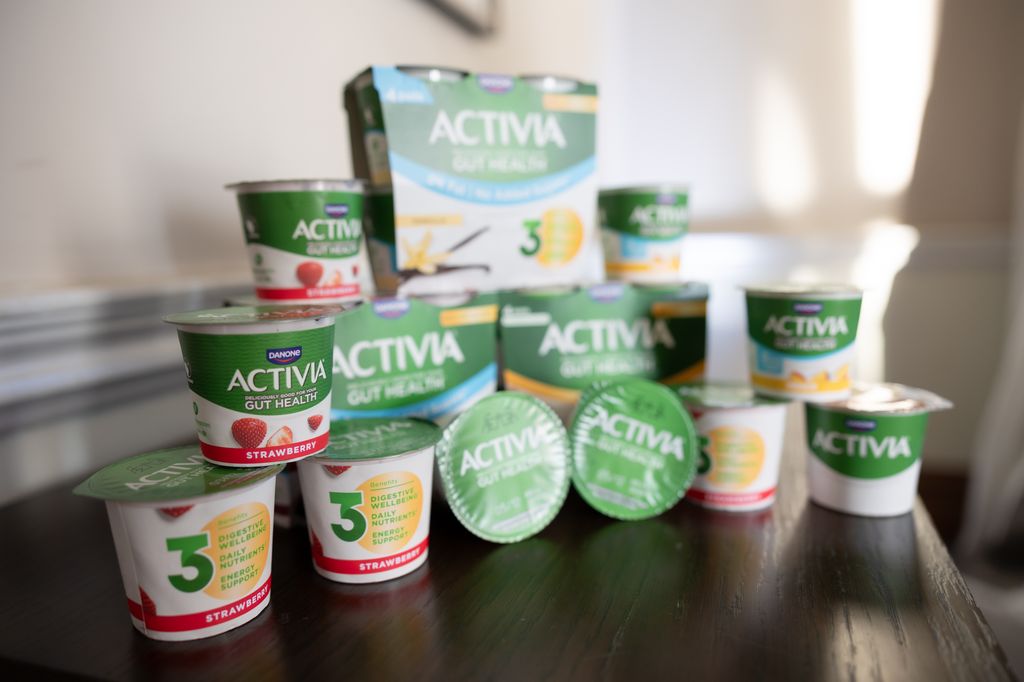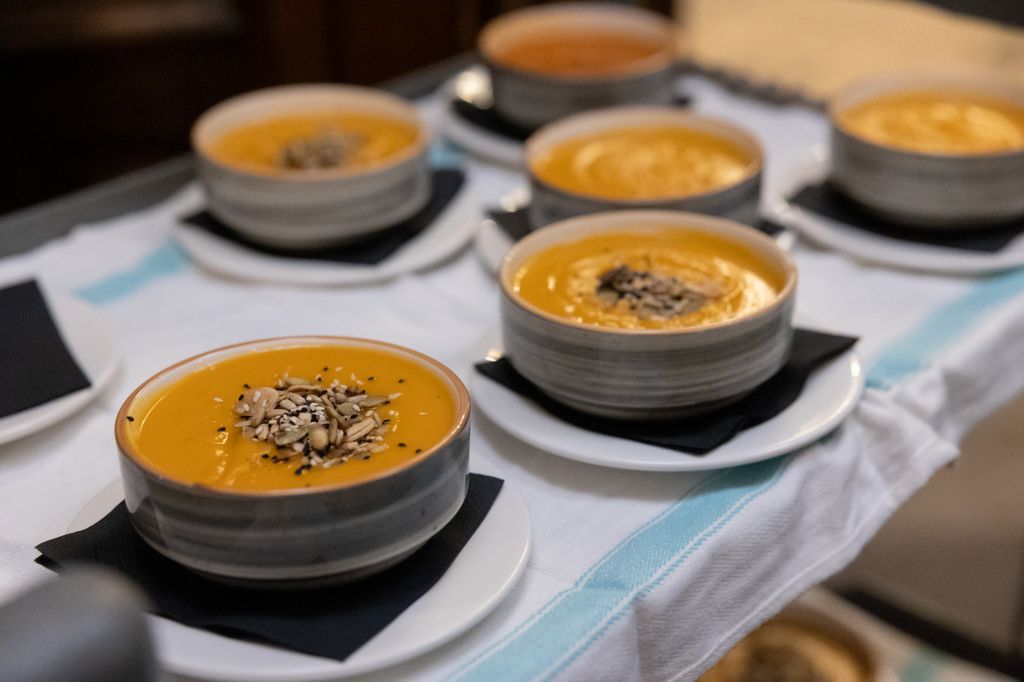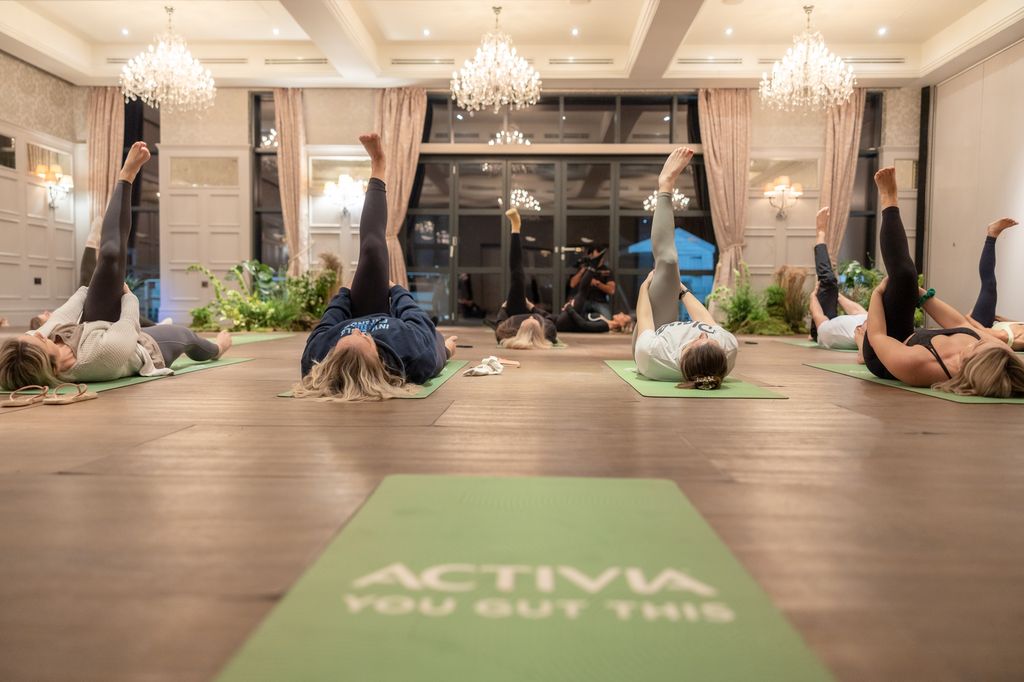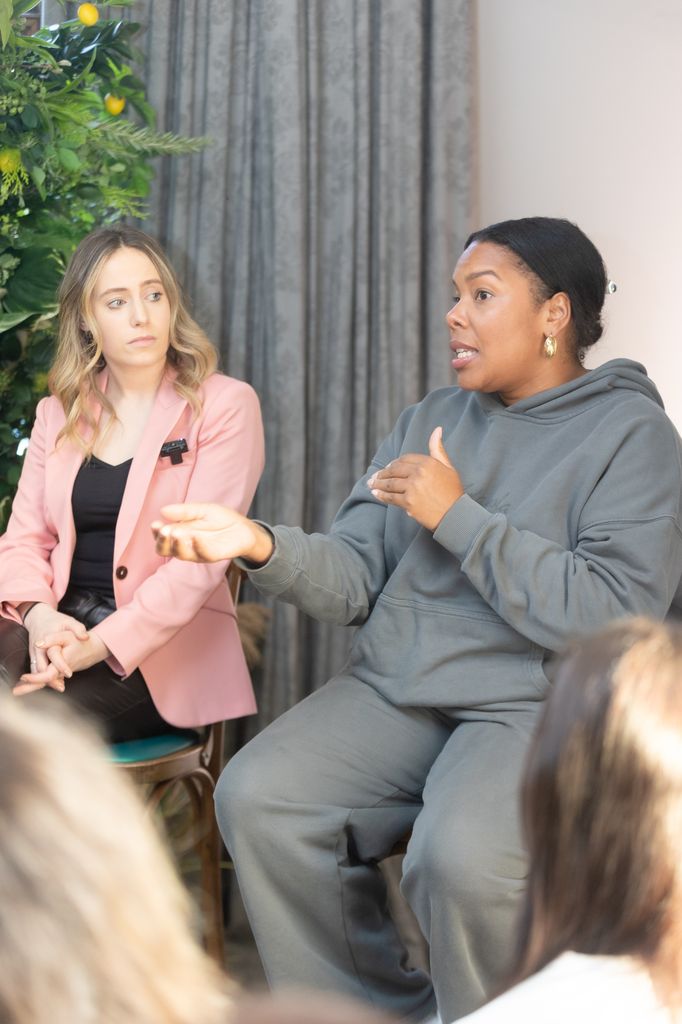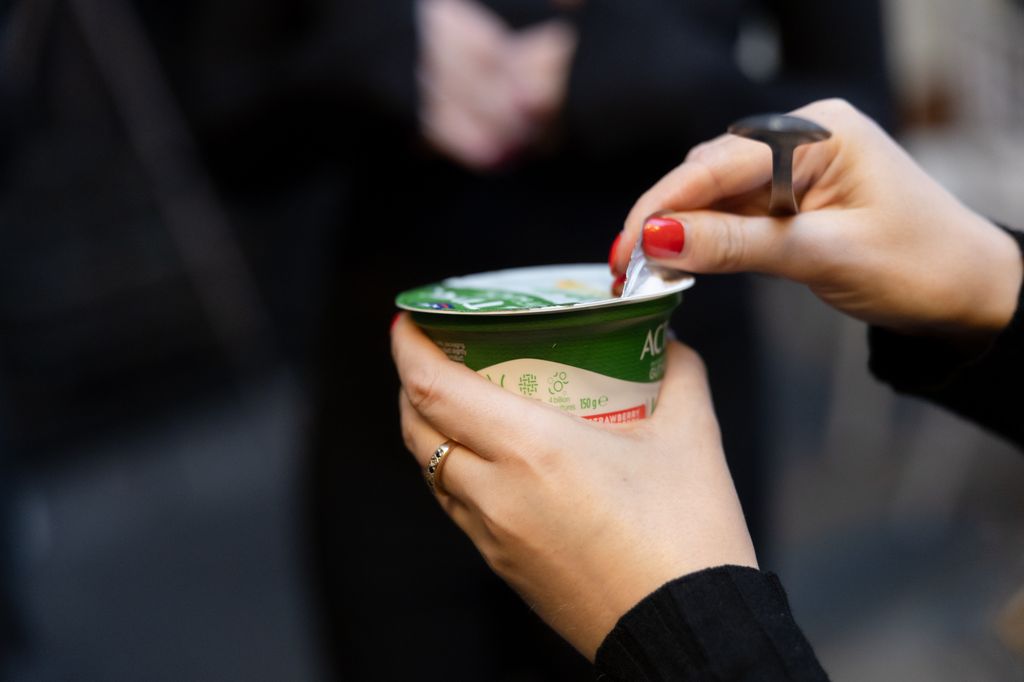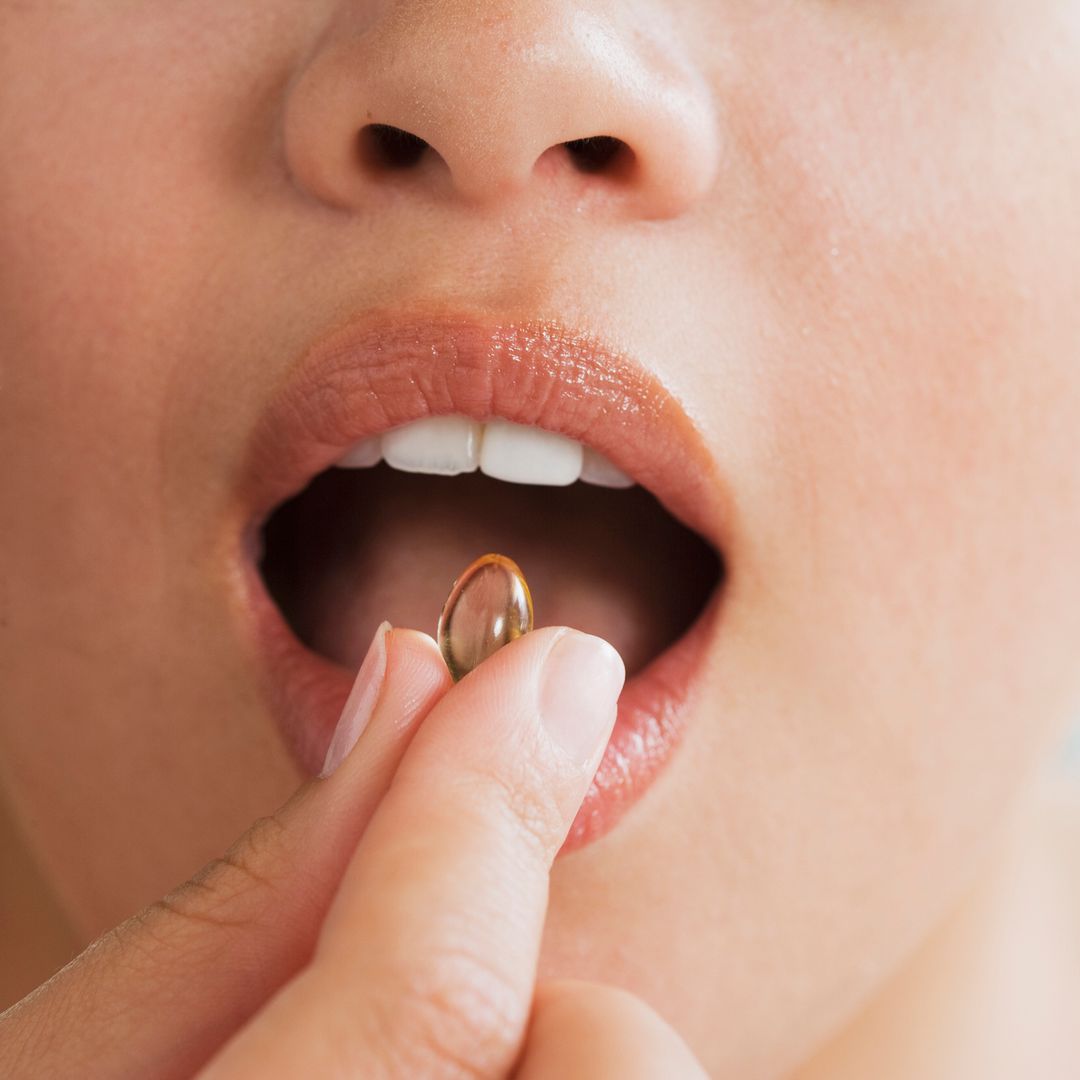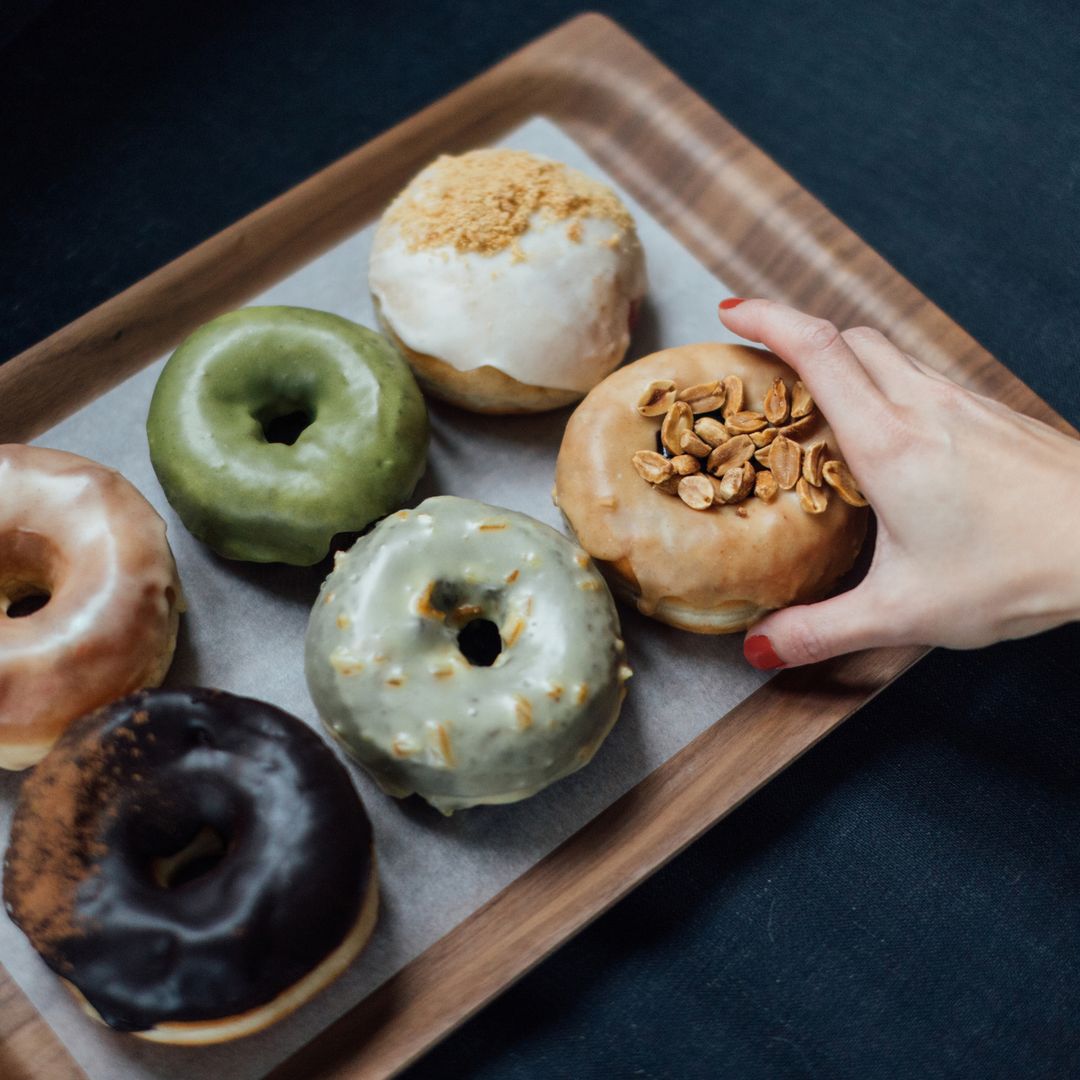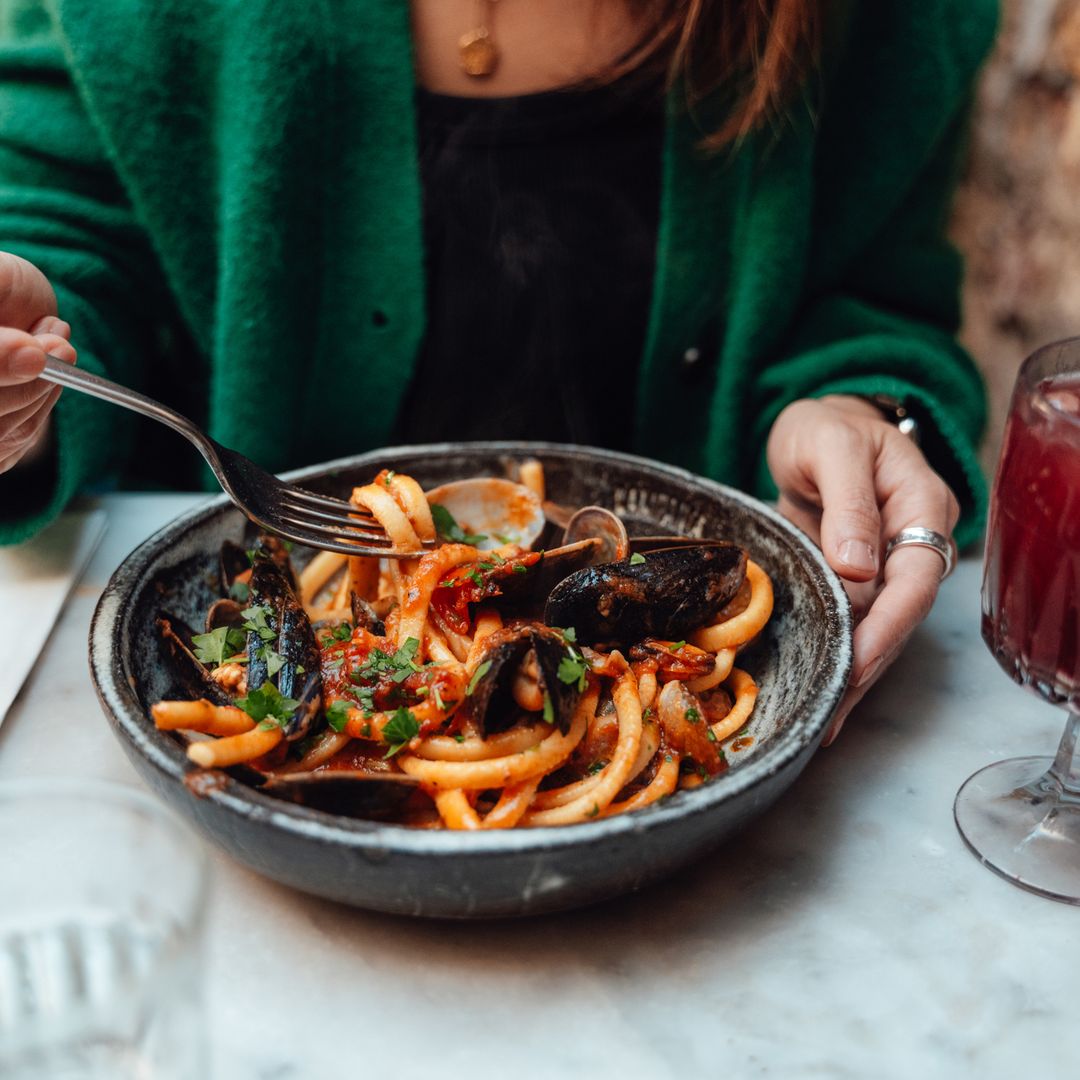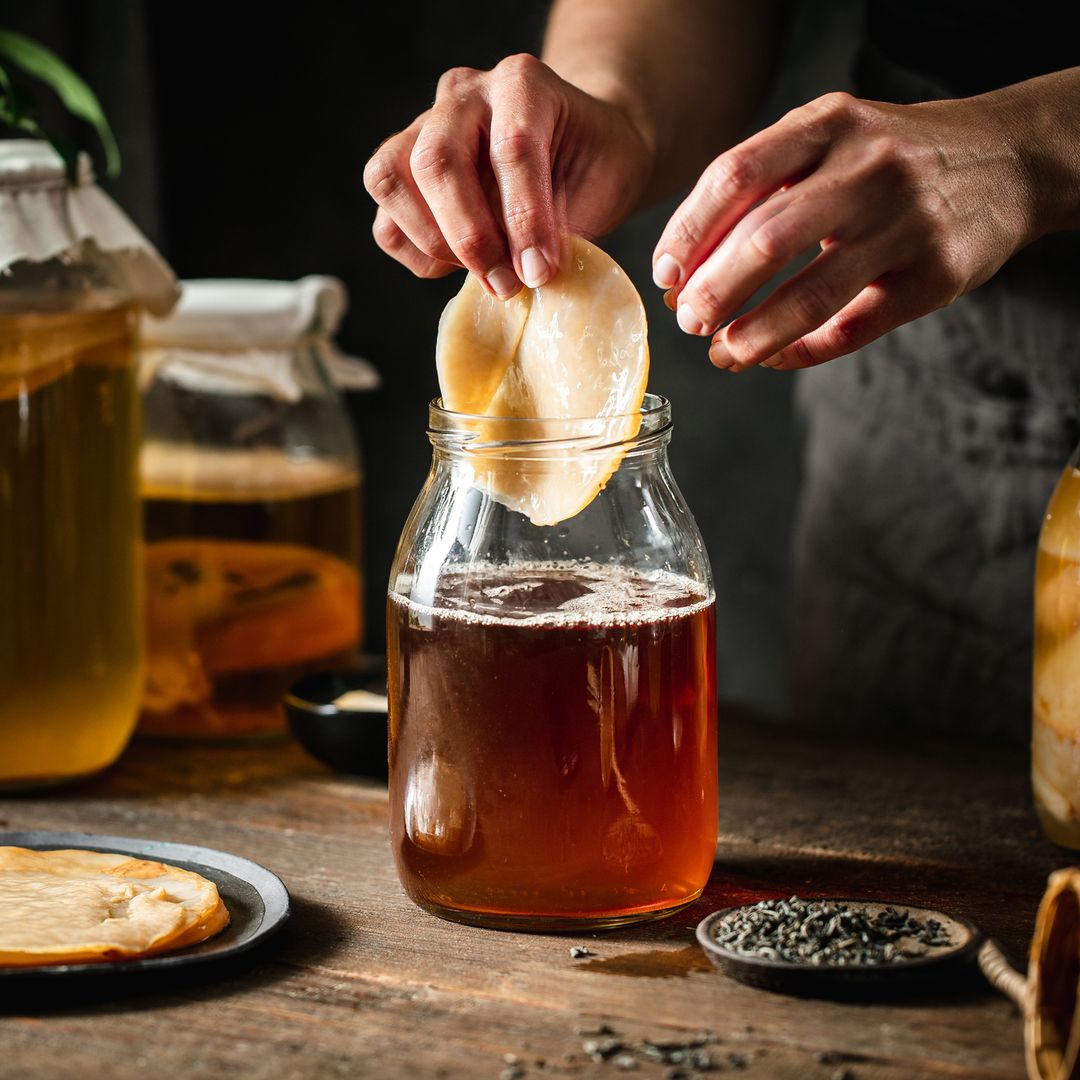Adding a bit of sauerkraut to my salad or sandwich and drinking the odd kefir on the go had me feeling holier than thou with my diet, but a half-hearted effort like mine was not doing wonders for my overall gut health.
Bloating and sluggishness are just some day-to-day symptoms I assumed were normal, but I was knocked firmly off my high horse after attending a retreat in the picturesque De Vere Latimer Estate in Chesham. There marked the start of my gut transformation, which can take as little as three days to happen.
Can you believe that? A long weekend is all it takes to start to see positive changes in your gut microbiome – the complex collection of all microbes, such as bacteria, viruses and fungi, that occur naturally in your gut – and it can just as easily be reversed in the same space of time.
That's just one of the shocking things I've learnt about my gut with the help of Activia...
We need to be better educated
On a mission to educate the nation about how the gut impacts your overall well-being, the gut health yoghurt brand fuelled us with Momo kombucha, quinoa and Activia labneh.
Admittedly, these aren't all regular occurrences in my diet, and the research shows I'm sadly not alone.
They found that 58 per cent of 18 to 34-year-olds admit to not knowing about gut health (myself included) and 52 per cent feel sluggish and don't know why (also me.)
But that doesn't mean we can't change our ways. With over half the nation admitting they don't know where to start when it comes to looking after their gut health, Activia highlighted some of the surprisingly easy ways to change that...
Two weeks is all it takes
After three days, your body has already begun to reap the rewards of your healthy diet filled with pre-biotics such as garlic, onions and bananas that feed gut bacteria, and pro-biotics including fermented foods like yoghurt, sauerkraut and kimchi.
Two weeks later, you may start to notice these changes in your body, from higher energy to mental clarity and minimal bloating.
These changes were proven in a 2015 study in which researchers invited African American volunteers with a diet rich in fat and animal protein and low in dietary fibre to swap diets with rural African volunteers who consumed lots of beans and vegetables.
It found that the rural Africans' metabolism switched to that seen in diabetes and their risk of colon cancer rose, while the African Americans had less inflamed colons and their biomarkers for cancer dropped.
Easy swaps
TikTok and Instagram are filled with supposed experts promoting one hero product or one simple fix that will change your life. Navigating this information can be a minefield, especially since only 2 per cent of wellness trends on TikTok have scientific backing.
After half an hour of listening to real-life, realistic advice it's clear that the gradual, small changes will have a lasting impact.
Nutritionist Jenna Hope explained that gradually increasing your fibre intake and limiting artificial sweeteners is a great place to start. So start grabbing those fruits, veggies, whole grains and nuts.
Meanwhile, research found over a third admitted to eating the same meals daily. Jenna told her Instagram followers about her varied diet hack: "Swap out your usual staples for different-coloured alternatives. Instead of spinach, try kale. Swap rice for quinoa. Pick purple carrots or yellow beetroot next time you shop.
"Each colour brings unique nutrients to your plate, which is the perfect way to support your health in the most delicious way."
It's not all diet
You'd be forgiven for thinking that everything to do with your gut stems from your food. The reality is that your entire lifestyle plays a factor, from getting eight hours of sleep every night to staying active, limiting stress and engaging in mindfulness activities.
Rest and digest
The latter is where author and founder of thy.self Chloe Pierre comes in. She is an advocate of harnessing breathwork while you eat to help you become more mindful of the foods you are consuming.
Gone are the days of scoffing down a sandwich at your desk or polishing off a takeaway in front of the TV!
We have known about "fight or flight" for a long time, but "rest and digest" is its friendlier counterpart.
You can use breathwork in two ways: shallow breathing through the chest is the most common, but "deep breathing" through the abdomen is the golden ticket we're trying to achieve.
Abdominal breathing is the natural breathing of newborn babies and sleeping adults. It starts by relaxing the belly and taking slow, deep breaths. The stomach expands as the diaphragm moves downward to allow air to fill the lungs.
So would you sit down with an Activia kefir, practice deep breathing and snuggle up in bed by 10pm? Your gut will thank you for it, trust me.
MORE: Is sound healing really meditation for lazy people? Here's what I thought


